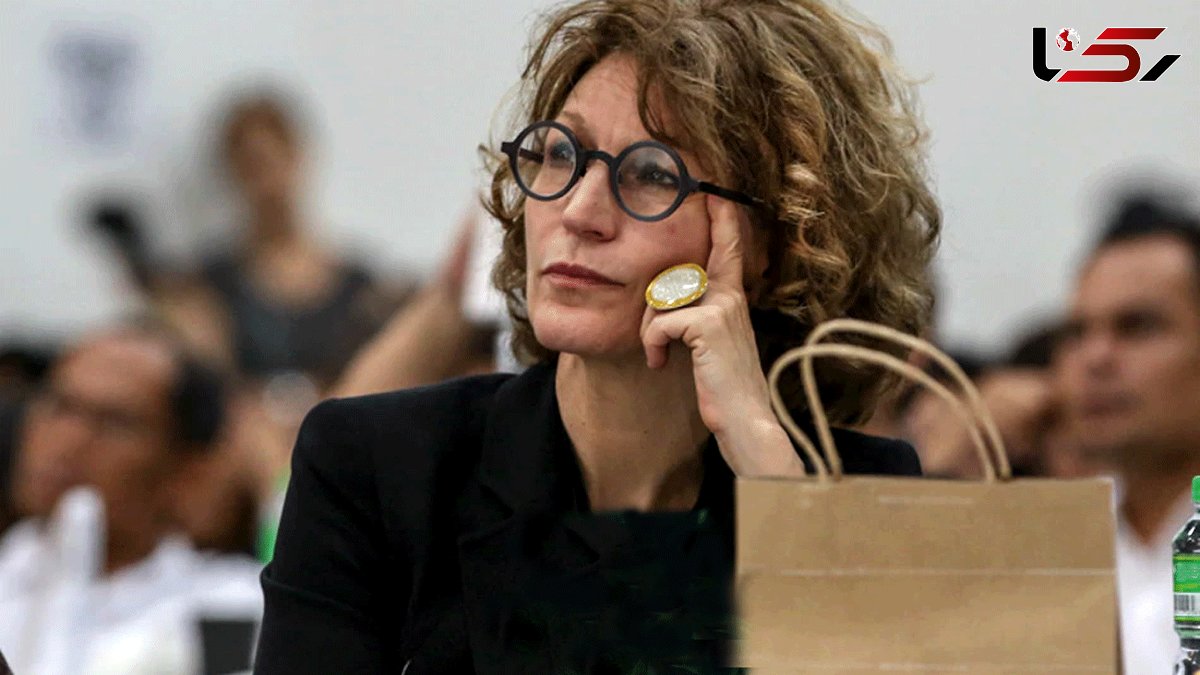US Assassination of Gen. Soleimani A Nail in Coffin of Int’l Law: UN Special Rapporteur
Rokna: A top UN human rights investigator described the US assassination of Iran’s top commander Lt. General Qassem Soleimani as “unlawful” and a “nail in the coffin of international law”.

Agnes Callamard, the UN special rapporteur on extrajudicial, summary or arbitrary executions, wrote in a series of tweets on Sunday that while the reckless attack did not lead to an international war, many paid the highest price and many continue to risk the same in the aftermath.
“So yes, there was no international war. But many paid the highest price, and many more continue, in the name of justice, to risk the same. And didn’t the US attack and its aftermath hammer yet another nail in the coffin of international law and international rule?” Callamard wrote in a post.
General Soleimani, the commander of Iran’s IRGC Quds Force, was assassinated along with his old friend Abu Mahdi al-Muhandis, the second-in-command of Iraq’s Popular Mobilization Units (PMU), and a group of their companions in a drone attack near Baghdad International Airport on January 3, 2020.
Iran retaliated five days after the attack by firing dozens of missiles at two US bases in Iraq, declaring that it was part of its pledged “tough revenge” and that the full revenge will be the ultimate expulsion of all American forces from the region.
“One year ago, the US targeted killing of #Iran’s #GeneralSoleimani in #Iraq became the first known incident outside the context of a declared conflict in which a State invoked self-defence as justification for an attack against a State-actor,” Callamard wrote.
She said the UN assassination of Gen. Soleimani, as a state official, failed to meet the standards of “necessity” and “proportionality”.
"It was unlawful under human rights law. What does its precedent mean?” she added.
Callamard argued that the act set a dangerous precedent based on which countries may opt to strategically eliminate high-ranking officials of their rivals outside the context of a known war, after classifying them as a “terrorist” who posed an undefined, future threat.
“And it means we also face the possibility that ALL soldiers, anywhere in the world at any time, may be deemed a legitimate target,” she added.
US officials claimed at the time that Gen. Soleimani was targeted because he was planning “imminent attacks” on Americans. US President Donald Trump, who directly ordered the drone raid, later brushed aside the imminent threat claim, saying Gen. Soleimani should have been killed 20 years ago anyway.
The UN rapporteur also said, "Further, by killing General Soleimani on Iraqi soil without first obtaining Iraq’s consent, the US violated the territorial integrity of Iraq."
“What about the fact that, one year later, the US and Iran are still threatening each other, thus the whole region, if not the world, with further attacks?” she asked.
“Where is the global leadership mediating for its resolution? Demanding accountability for its prosecution? How are we to mend the law and standards there to protect us all, but damaged perhaps beyond repair? Where are the institutions ready and able to intervene, to act, to mend?” she added.
The UN rapporteur concluded her remarks by calling on the international community to demand answers to her questions as a priority for 2021.
Callamard has on numerous occasions spoken out about the assassination, describing it as a “breach of international norms and the UN charter”, and criticizing the UN Security Council for its inaction and the international community for remaining silent about the issue.
She has also criticized the US for failing to provide sufficient evidence of an ongoing or imminent posed by General Soleimani against its interests to justify the drone attack, urging the international community to break its silence on Washington’s drone-powered unlawful killings.
Meanwhile, Iran has pledged to pursue Gen. Soleimani’s assassins, especially Trump, even after his term as president comes to an end.Follow the Official Rokna NEWS Telegram Channel For More and fresh NEWS.
Tasnim

Send Comments